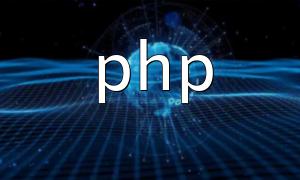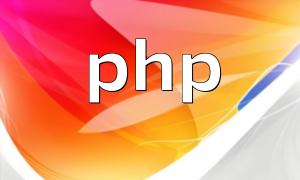Overview of PHP Function Documentation Standards
PHP function documentation standards require that the required fields include function name, parameters (with default values), return value, and exceptions. Optional fields include description, aliases, compatibility, deprecation, and removal versions. Writing rules emphasize clear and concise language, using the DocBlock comment format, and demonstrating function usage and type hints through practical examples.
Required Fields
- Function Name: The unique identifier of the function, written in CamelCase.
- Parameters: The list of parameters accepted by the function, named sequentially as $param1, $param2, etc.
- Default Parameters: If the function's parameters have default values, specify them using = default_value after the parameter name.
- Return Value: The type of value returned by the function.
- Exceptions: List of exceptions the function may throw.
- Example: One or more code examples demonstrating how to use the function.
Optional Fields
- Description: A brief explanation of the function's purpose and functionality.
- Aliases: Any alternative names for the function.
- Compatibility: PHP versions that support the function.
- Deprecated: PHP version in which the function was deprecated.
- Removed: PHP version in which the function was removed.
Writing Rules
- Use clear and concise language, avoiding outdated terminology.
- Provide enough information to help developers understand how the function works.
- Use DocBlock comment format.
Practical Example
/**
* Calculate the average of two numbers.
*
* @param float $num1 The first number
* @param float $num2 The second number
* @return float The average value
*/
function average(float $num1, float $num2): float
{
return ($num1 + $num2) / 2;
}Additional Tips
- Use code snippets to demonstrate function usage.
- Link to related functions or classes for more information.
- Provide type hints wherever possible to improve code readability.
- Regularly review documentation to ensure accuracy and consistency.









